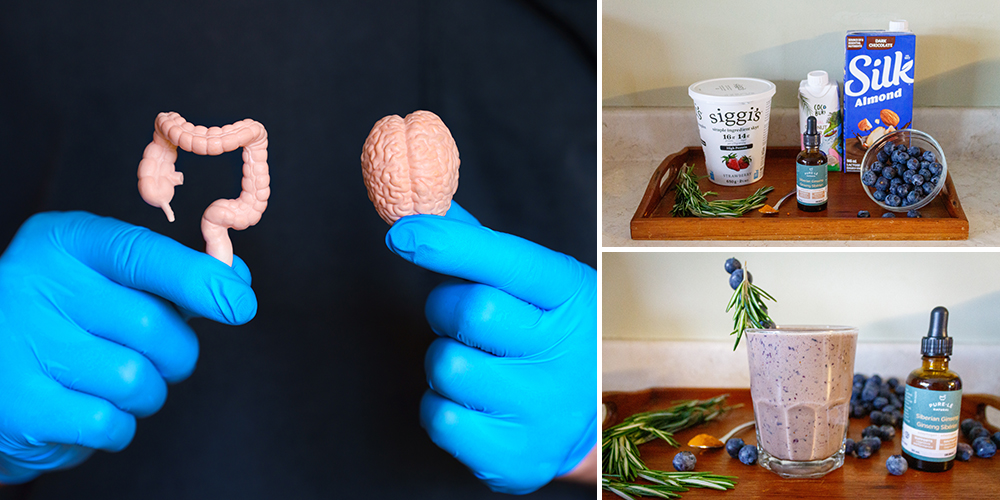
Herbs That Help Your Brain & Gut At The Same Time
Imagine eating a spoonful of food while blindfolded, not knowing what the food is; a confusing experience, right? Now imagine eating a spoonful of food, knowing it’s your favorite food; exciting, isn’t It? This is a perfect example of the relationship your brain and stomach have.
The connection between your stomach and brain goes beyond imagining something delicious and getting hungry or thinking of vomit and, well, wanting to vomit. Scientists have been toying around with the idea that there is a deeper connection. Considering the fact that comfort food is a real thing, it’s understood that food, including beverages, has somewhat of a direct impact on our mood, behaviours, and thoughts.
How Does Eating Affect My Brain?
Your stomach has a way of “sensing” the composition of the food you have eaten and the nutrients that food provides. As your stomach senses what it’s digesting, it sends signals and information to your brain. This is one reason why you know if what you’re eating is bad for you or not.
Certain signals from your stomach to your brain provoke certain responses. For example, if you unknowingly eat contaminated food, your stomach will notify the brain that something isn’t right with the contents, and that the contents need to be removed, stimulating reflux and vomiting. On the other hand, when you’ve just finished an amazing dinner, your stomach tells your brain that you are full and happily satisfied.
The brain also sends signals to the stomach. The feeling of butterflies in the stomach when you’re on a rollercoaster is one reason scientists suspect a relationship between the brain and the stomach. They have called this relationship the microbiota-gut-brain (MGB); in other words, the second brain.
During the studies of this relationship, there has been an apparent correlation between brain and gut health.
Gut dysbiosis is an imbalance in the gut microbiota. This imbalance causes inflammation throughout the digestive system and damages the body’s natural immunity. Gut dysbiosis has been an increasingly common factor in those who are experiencing signs of neurodegenerative disorders, including depressive behaviours, Alzheimer’s, and dementia.
Your Brain Fog Isn’t in Your Head — It’s in Your Gut
I thought I had a focus problem. Or maybe burnout. But no — it was gut dysbiosis tearing through my body.
The worst part? I kept eating “healthy,” yet nothing improved. Because when your microbiome is out of balance, even the best food becomes poison.
That’s when I started using a concentrated herbal tincture designed to fight gut inflammation at the root. Not a probiotic. Not a cleanse. A real solution.
👉 Click here to see the homemade gut tincture that changed everything for me.
Don’t wait for your brain to break down before fixing your gut.
What to Eat for a Healthy Brain
To keep gut dysbiosis in check, you need to focus on your gut microbiome. You need to understand what your gut requires to stay healthy, which means understanding your gut microbiome.
The mass amount of living organisms in your gut that help break down food and utilize the food’s resources is known as the gut microbiome. Bacteria, fungi, and viruses make up the majority of the gut microbiome. The most prominent living organisms, making up 90% of the microbiome, are bacteria, with Bacteroidetes and Firmicutes being the most abundant.
These two bacteria are responsible for breaking down food and utilizing it for your body’s nourishment. The food you eat directly impacts the health and balance of these two bacteria. Bacteroidetes and Firmicutes enjoy complex carbs, so feeding them a healthy dose often will do the trick. There are delicious, complex carbs that will provide nutrients to help boost your brain while you’re at it.
Why You’re Still Stuck (Even if You Eat “Clean”)
I followed every clean-eating tip. Took the supplements. Tried the probiotics.
Still felt inflamed, foggy, off.
No doctor warned me about the real problem:
It’s not just food. It’s your daily habits — stress, plastics, chemicals, even the “natural” products — that quietly wreck your gut and brain.
Pills won’t fix that. But this guide did.
It showed me what triggers to cut, what remedies to use, and how to finally heal, not just cope.
👉 See the wellness guide that finally pulled me out of the loop.
Because you’re not failing — you’re just missing the piece no one’s talking about.
This recipe includes herbs used in Traditional Chinese Medicine (TCM) that encourage a healthy gut microbiome, which harnesses a healthy gut-brain relationship. Ginseng, Turmeric, and Rosemary are TCM ingredients used in this.
Ginseng
Considering its use in some of the most successful medicines for gut and brain health and overall body health, Ginseng is a must-have for recipes that nurture a healthy MGB. In TCM, Ginseng is a Qi Tonic herb that boosts the body’s energy and restores balance. The term Qi describes one’s natural or vital energy, an energy that needs to be kept in a healthy balance. The bioactive compounds in Ginseng, including ginsenosides, polysaccharides, and flavonoids, make this herb so medicinally powerful. These bioactive compounds beneficially interact with the gut microbiome, sending positive nutrients to the brain.
Turmeric
This ancient herb benefits the gut microbiome and brain health through its active compound, curcumin. According to TCM principles, Turmeric is a warming spice that invigorates the blood, alleviates pain, and balances the digestive system. It supports the gut microbiome with its anti-inflammatory and antioxidant effects, which help maintain a healthy balance of beneficial gut bacteria. The gut-brain axis, a bidirectional communication pathway between the digestive system and the central nervous system, is positively influenced by Turmeric’s neuroprotective properties.
Rosemary
Similar to Ginseng, Rosemary is an herb for the Qi. Rosemary will help improve the blood circulation to the brain; it also sharpens memory and clears up a foggy mind. Though it isn’t considered a Qi Tonic like Ginseng, it is a warming herb like Turmeric, by invigorating the blood’s circulation and improving digestion, as well as the absorption of food’s nutrients. The essential oils in Rosemary, rosmarinic acid, camphor, and 1,8-cineole can cross the blood-brain barrier, which solidifies the neuroprotective effects.
You’re Not Just Wasting Money on Herbs — You Might Be Canceling Their Healing Effects Entirely
When I first heard herbs like Ginseng or Rosemary could boost the brain, I thought:
“Great, I’ll just grab the most expensive organic supplement on the shelf.”
But here’s what nobody tells you:
You can buy the purest plant, harvest it at the perfect time, even grow it yourself…
and still ruin all its medicinal power in 5 minutes.
Wrong extraction method? You’re just drinking flavored water.
Wrong combo? You cancel out the benefits entirely.
That’s why you need — no, it’s a must — to learn how to use them the right way.
And honestly… who better to teach you that than a real herbalist who’s lived it?
Inside The Lost Remedies Academy, Dr. Nicole Apelian walks you through every step of real herbal brain + gut remedies.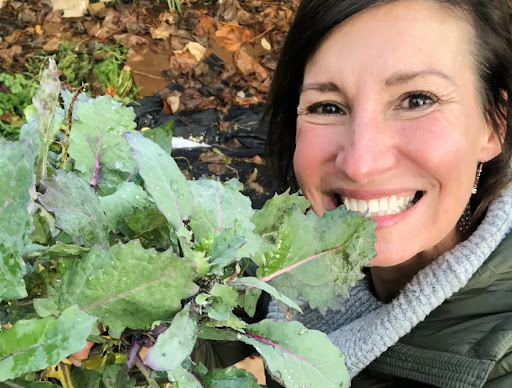 You don’t just learn. You make.
You don’t just learn. You make.
And if you care about your gut, check this out:
She even shows you the exact plant to eat to fertilize your gut bacteria and block leaky gut, parasites, and polyp growth, the one you see in the image 👉
👉 Click here to discover the only herbal course that showed me how to actually reclaim my clarity and digestion — without wasting money on “natural” products that fail.
Because healing doesn’t come from labels. It comes from know-how.
How to Make a Blueberry Qi Smoothie for Your MGB
The ingredients you need to make this Blueberry Qi Smoothie are fresh or frozen blueberries, plain or a complementary flavored yogurt, fresh Rosemary, Ginseng in any form, be it powder, extract, etc., and Turmeric powder or finely chopped/grated Turmeric root.
Now, there is another ingredient to add, but it depends on what type of smoothie you’re in the mood for. If you want a comforting, creamy smoothie, you will want to add almond milk. If you want a refreshing, energetic smoothie, you will want to add coconut water.
Used in this recipe is dark chocolate almond milk. Chocolate and blueberry is a great combination, and with the hint of the added herbs, it is reminiscent of chocolate mint.
This smoothie can be enjoyed regularly. Because of the Ginseng used in this recipe, children and pregnant women should consult a nutritionist or health care provider for personal advice before using Ginseng.
All of the ingredients used in this Blueberry Qi Smoothie, including the blueberries, cocoa, almond milk, and coconut water, have all been shown to improve the digestive system and brain function.
Blueberry Qi Smoothie Recipe
Ingredients:
- 1 cup of fresh or frozen Blueberries
- ½ cup of Yogurt
- 40 drops of this gut-restoring tincture (for smoother digestion & calmer bowels)
- ½ – 1 cup of Almond Milk or Coconut Water
- ¼ teaspoon of Turmeric Powder
- 1 inch Rosemary sprig, finely chopped
- 10 drops of Ginseng extract
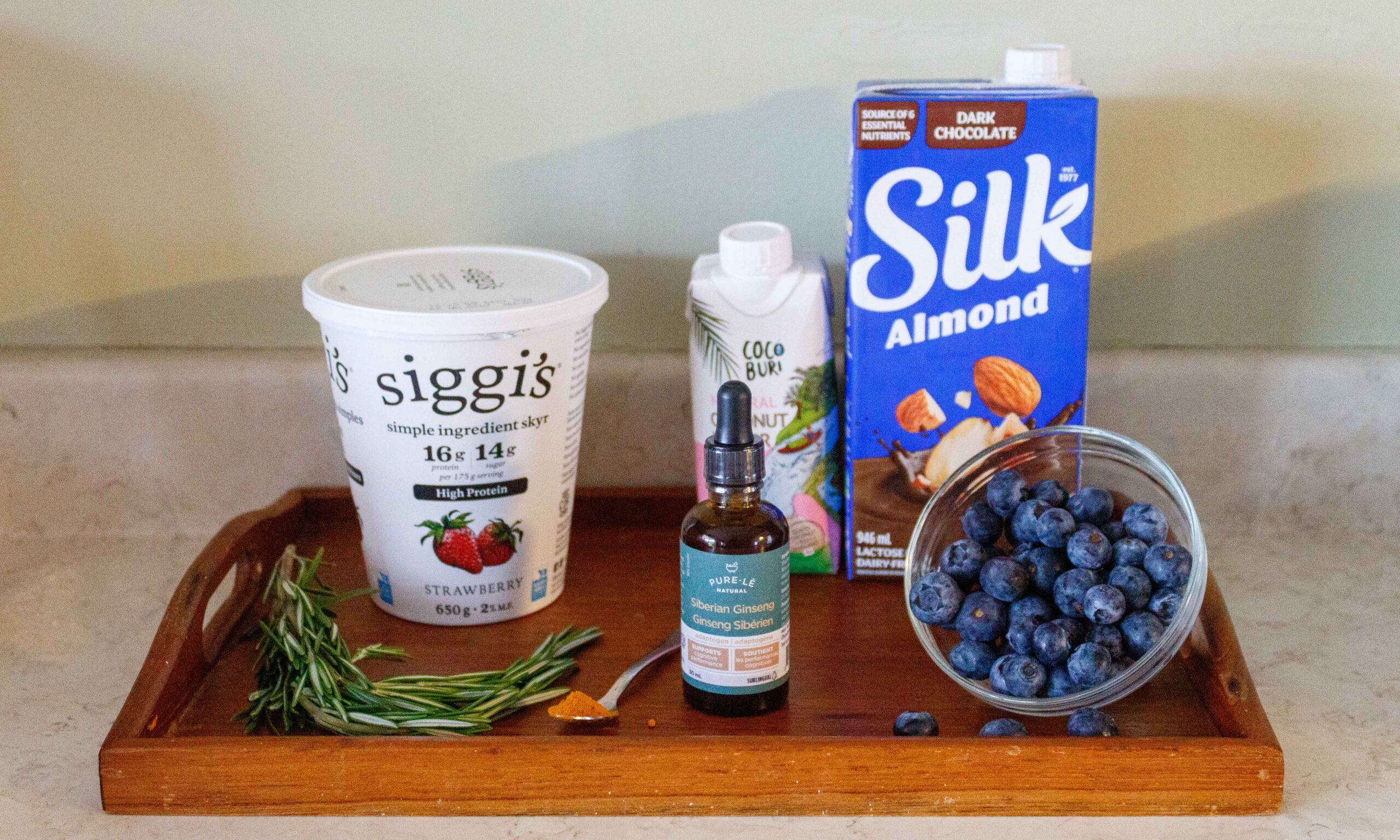
Instructions:
- Add the blueberries, yogurt, almond milk or coconut water, rosemary, and ginseng extract to a blender and blend

- Sprinkle in the turmeric powder evenly and blend again (if you are using ginseng powder, now is the time to add it as well)
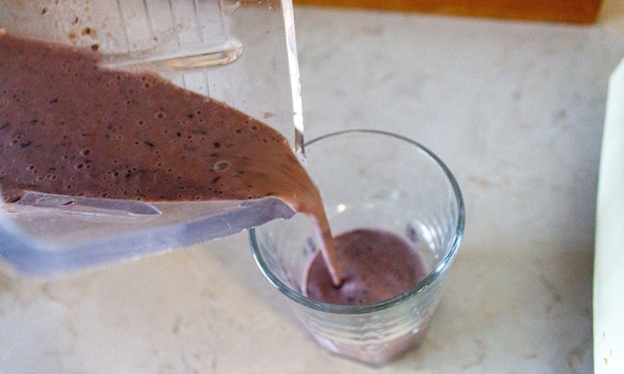
Pour into a glass, garnish, and enjoy your smoothie!
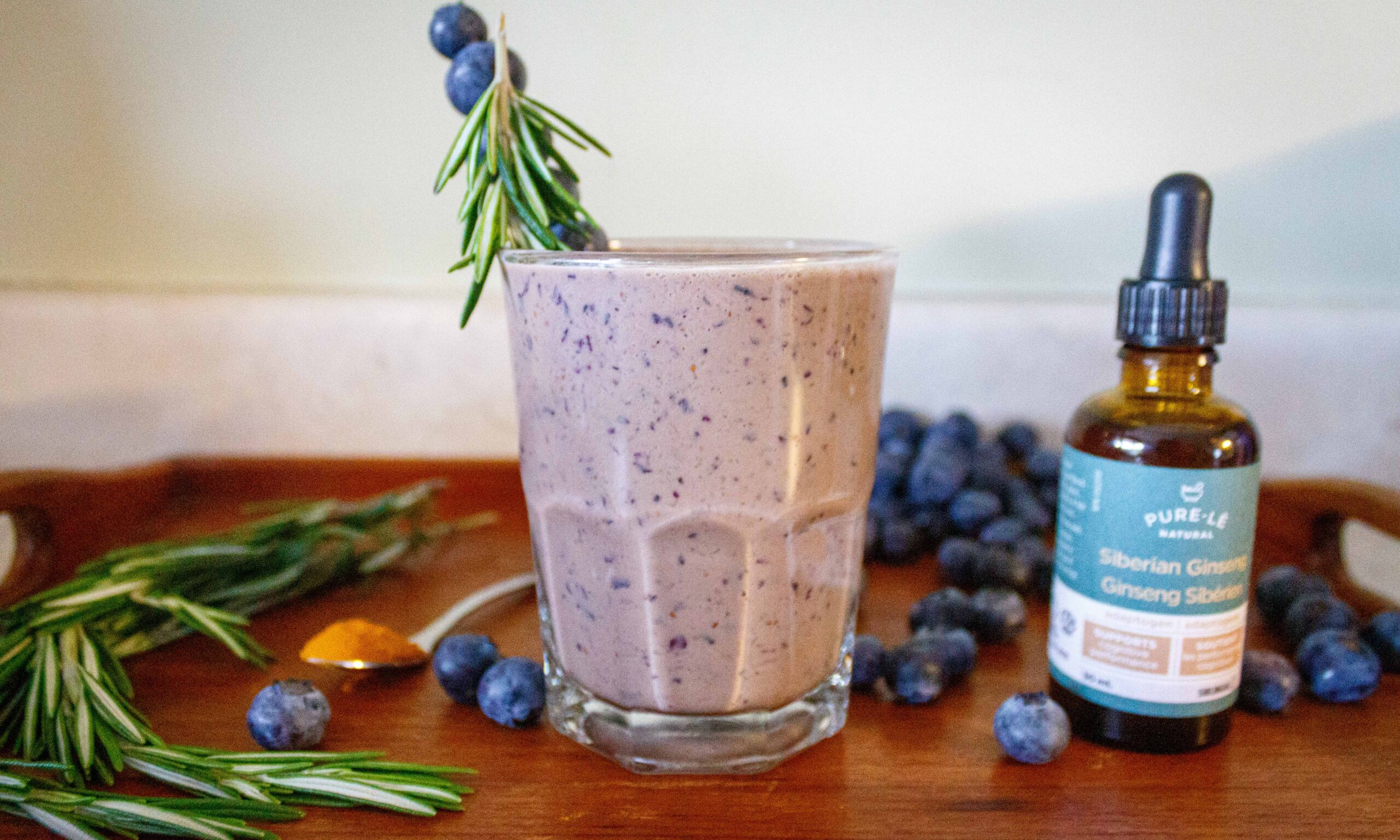
Why Gut and Brain Problems Keep Coming Back
If you’re eating well but still dealing with bloating, mood swings, brain fog, or low energy…
It’s not because you’re doing something wrong.
It’s because something deeper is still missing.
Gut and brain health are two sides of the same coin.
When your gut lining is inflamed, your brain suffers.
When your brain is stressed, your digestion collapses.
And the worst part?
There are invisible triggers everywhere —
👉 Parasites that leech nutrients and leave behind neurotoxic waste
👉 Processed foods that disguise themselves as “healthy”
👉 Store-bought remedies that patch symptoms but wreck your microbiome long term
That’s why The Forgotten Home Apothecary changed everything for me.
It doesn’t just give you recipes — it gives you the why, the what, and the when.
So you can finally stop guessing… and actually heal.
Here’s what you’ll find inside:
🛡️ Anti-Parasitic Black Walnut Drops — flush out gut invaders before they hijack your health
🥣 Fermented Cabbage Juice (Best Probiotic) — repopulate your microbiome with real, living cultures
🌿 Rejuvelac for Leaky Gut — repair your gut lining and stop the inflammation cycle
🧠 Rhodiola Capsules for Cortisol Balance — stabilize stress that inflames both body and brain
☕ Metabolic Herbal Coffee — swap your jittery brew for a brain-boosting morning ritual
💧 Gut Health Morning Shots — a daily reset for digestion and absorption
🍋 Dandelion Lemonade — support the gallbladder and boost fat-soluble vitamin uptake
🌸 Hormone Harmony Elixir — ease the hormonal chaos that sabotages memory and mood
Because if you don’t treat both ends of the axis…
You’re stuck chasing symptoms forever.

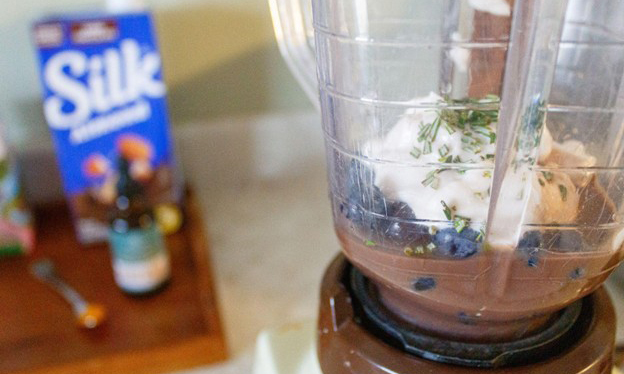
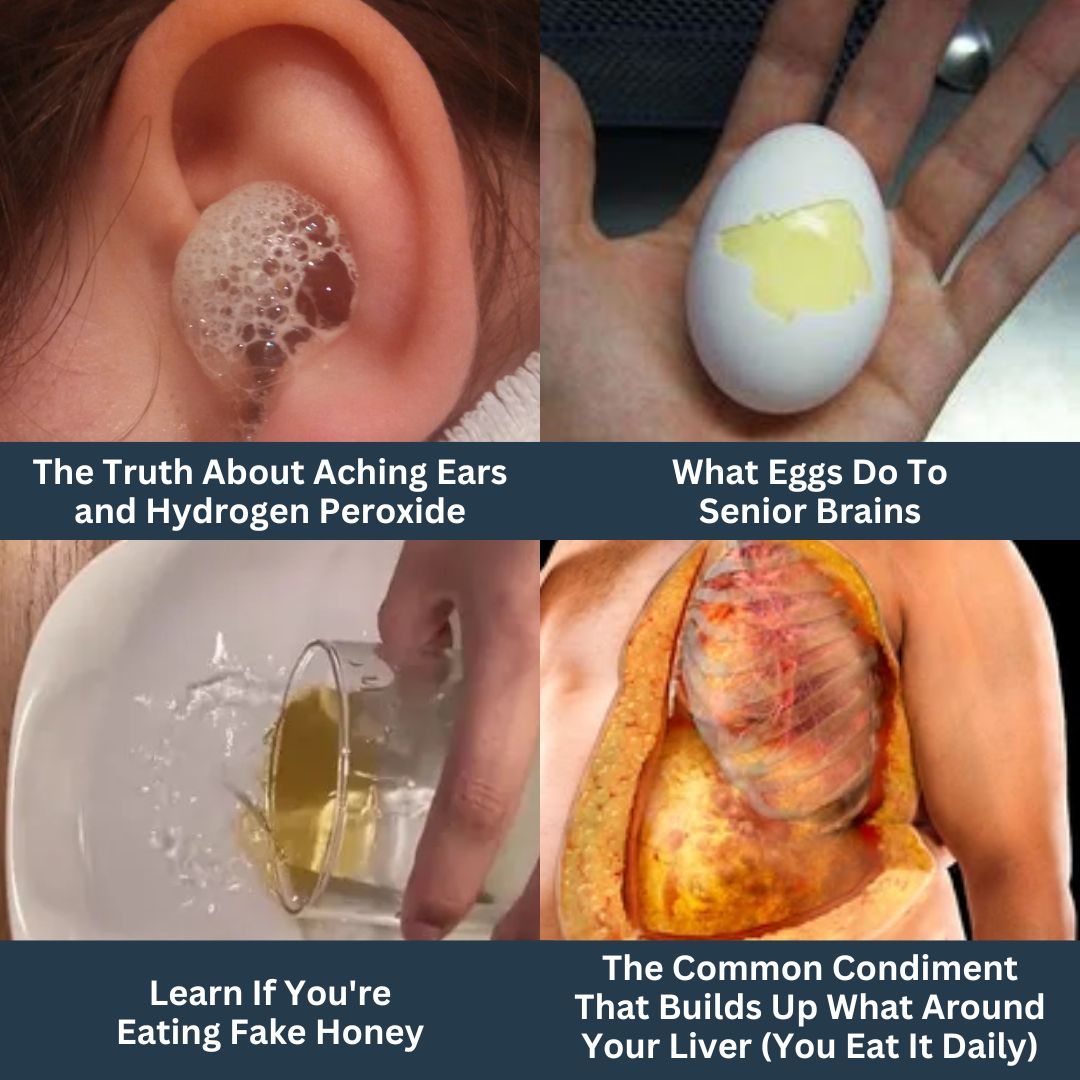
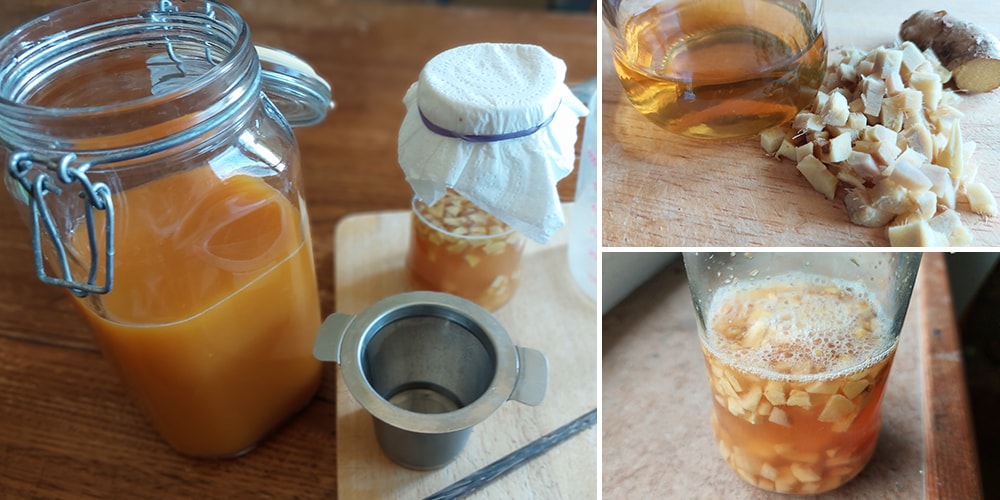
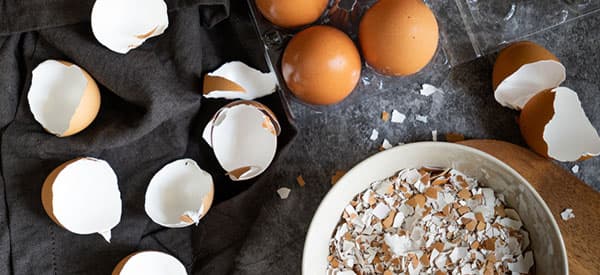
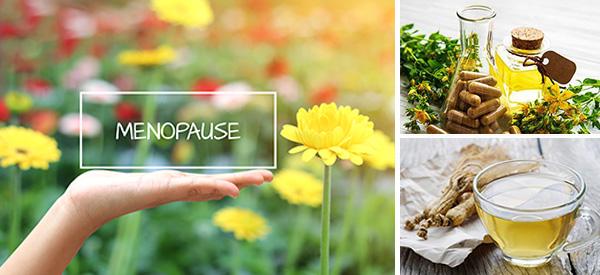
I would dearly love to purchase your book re holistic wellness but I live in United kingdom. Is there any way I can purchase it please.
Check ebay. You won’t get the digital freebies that come with all her books, but the books themselves may be cheaper.